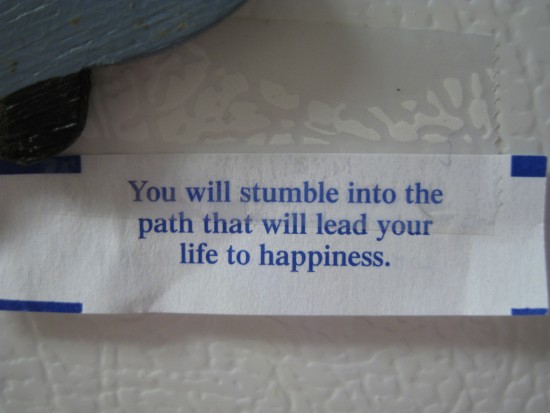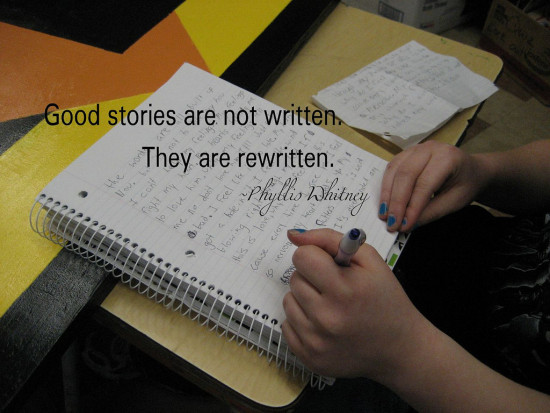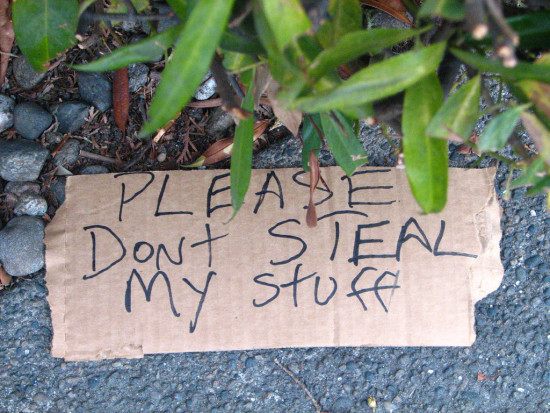Getting the Most from a Writers’ Retreat

A writer’s retreat can be a rewarding experience. It gives you a chance to get away from your everyday distractions and really get some work done. It can also give you a chance to experience a new location and meet new people. (Note the difference between a retreat and a conference: A conference will have lots of seminars, breakout sessions, critique groups, and meet and greets with publishing professionals. A retreat is pretty much you and your work, alone, for a period of time. There may be some scheduled activities, but far fewer than at a conference.) There are plenty of commercially organized retreats, or you can create your own by picking a secluded location and heading off for a few days.
A retreat can be a great way to immerse yourself in your craft and it can even be a way to learn if writing is for you. (I know one person who went on a retreat and decided that he really didn’t like to write, after all. It was worth it, I guess. At least he now knows what he doesn’t want to do with his life.) The chance to spend a week or weekend just writing is very appealing, but it can be pricey. You want to get the most bang for your buck. You don’t want to waste your time or fail to gain any benefit from your retreat. Before you book your reservations, here are some things you can do to prepare so you get the most out of the retreat.
Be (somewhat) social
If there are publishing or writing professionals present at the retreat, take some time to meet with them. They can provide you insight into the positives of your work, or become helpful contacts when you’re ready to publish. Writing is the primary reason you’re here, but don’t forget to take advantage of networking and feedback opportunities, if offered.
Bring what you need
You don’t want to waste precious retreat time with trips to Office Max, looking for your notes, or trying to track down that article that you really need. Double check your packing and make sure you have everything you need to begin writing as soon as you’re settled in. Also make sure your laptop is in working order and that you have all accessories like chargers, portable printers, flash drives, etc. Bring plenty of notebooks, pens, pencils, highlighters, page flags, index cards, or any other supplies that you use in your writing.
Be open to the experience
Having uninterrupted time to write can be startling and even upsetting. Some people just don’t know what to do with that kind of quiet time and they try to fill it with everything except writing. Resist the urge to check your Facebook page, answer email, or call your family to fill the void. Open your mind and embrace the experience. Get used to the solitude and make the most of it.
Respect the experience of others
Everyone is at the retreat to work. While it’s fine to socialize at mealtimes or during other group activities, don’t be the chatterbox who’s knocking on doors late at night looking for company or who’s coaxing your new friends out to visit the city when they’re trying to work.
Demand that others respect your experience
Be very clear in saying, “No,” if you’d rather work than go out to dinner with others. Get good at telling people (politely, if possible) to buzz off while you’re working. Some people will try to bug you to death, but you’re at the retreat to work. Most will get the hint quickly, but there may be a few that won’t get it until you’re downright rude.
Go alone
Many people are most productive when they go to a retreat alone, without anyone they know. They might make a couple of new friends while there, but they aren’t tempted by the easy distractions that an established friendship offers.
Or take a friend
On the other hand, some people are more comfortable having someone they know along on the retreat. If you do take a friend, make sure it’s a writer friend (non-writers will be bored and may unintentionally cause problems for others) and make sure it’s someone you feel comfortable saying, “Get lost,” to when you need to work.
Make a plan and a schedule
While there may be some scheduled activities, much of your time will be your own. It can help to have goals and schedules to give your days some form. Promise you’ll write 1,000 words before going to lunch, or divide your days into blocks of time for writing, eating, exercise, meditation, etc. Having some structure can help you overcome the problems that come with having too much freedom. You’ll also want to plan what you’re going to work on ahead of time. Don’t waste time deciding whether to work on your novel or your non-fiction book.
Plan for food
Some retreats offer prepared meals while others give you accommodations with a small kitchen. If you’ll have to do your own cooking, go ahead and plan your shopping so that you can get what you need and not keep making trips to the market. Think of easy meals you can prepare quickly.
Take breaks
While you’re at the retreat to work, you don’t want to fry your brain. You’re useless if you get too tired. Rest, recharge, and then go back to work. Use some free time to sleep, explore your destination, meditate, or exercise.
Choose the right retreat for you
Retreats vary in length and offerings. Some are in big cities and offer lots of things to do when you’re not working. Others are in almost monastic conditions and writing is the only thing to do. Some offer activities and feedback opportunities, others offer nothing. Try to gauge what sort of retreat will make you happy and productive and find one that matches your ideal. If it’s your first retreat, you might want a weekend retreat so you can try it out without committing to a week. If you can’t find your ideal retreat, create your own.
A retreat can be pricey and probably isn’t something you can do often, so you don’t want to waste your money or time. You want to choose a retreat that will enable you to get work done but not make you uncomfortable. Whatever you choose, follow the tips above to make the most of the experience.
(Photo courtesy of Andres Rodriguez)









